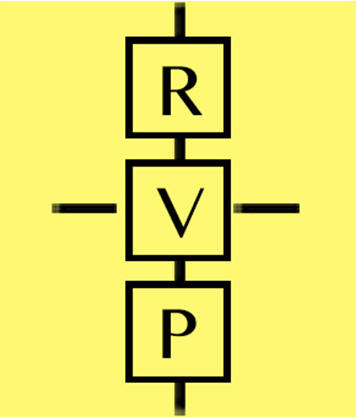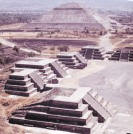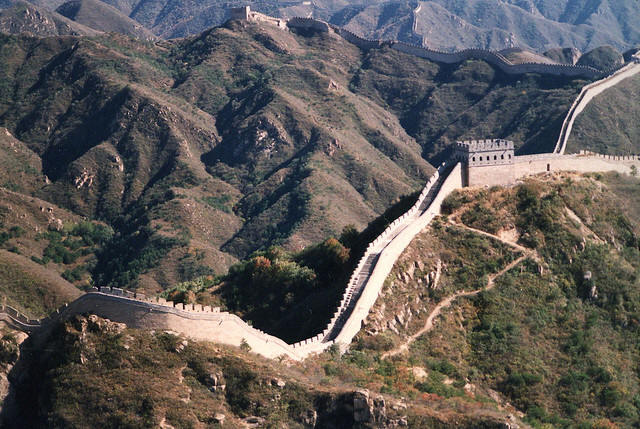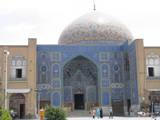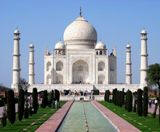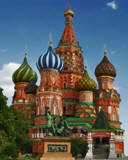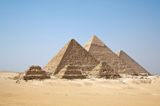|
AN INVITATION
THE ANNUAL SEMINAR
Models of
Thinking about Reality:
Individual, Communitarian, Global, Virtual, and
Religious
September 5 to
November 9, 2001
Washington D.C.
The Challenge
As we venture into the new millennium we become aware of
the heritage we carry with us. Horizontally, this
includes the great human accomplishments of the past in
organizing nature and facilitating human life, from
prenatal care to hospices. Vertically, it includes also
the deeper levels of the great civilizations which shape
people’s lives and of the religious traditions which
undergird these.
But we bring with us as well various trade-offs, for
progress has been made by abstractions which focus
attention on some things in ways that omit others. In
this light the last four centuries appear to have been
marked by a secularizing humanism which cut humanity
loose from its moorings in being and set it upon an
ultimately frustrating quest for happiness as a purely
human construct. This was expressed classically by the
figure of Prometheus in ancient myth and by Milton’s
aptly entitled "Paradise Lost". Not incidentally we
speak now of "post-modern," for "modern" has come to
stand for an increasingly discredited individualism.
This now returns to haunt us and to call insistently not
so much for more abstract analysis, but especially for
synthesizing, integrating and creative envisioning of
what life can become in the millennium ahead. For this
there begin to emerge new models of thinking about the
future in terms of the social character of life. This
constitutes a second, communitarian, model of thought
reflected in the new interest in civil society. It
recognizes the need to supplement the highly
centralized, top-down manner of the past by a bottom-up
process of discovery and responsibility. As this cannot
be realized by a chaotically atomized society, our
attention turns to the natural human communities of
family and neighborhood. Each has its unique culture,
understood etymologically as ways of "cultivating the
human person," and points to the transcendent source and
goal of existence in which individuals are related one
to another.
A third model of thinking, global in character, is now
inescapably upon us. As with the term "development" this
first was taken in a merely economic sense, for that is
the most tangible. But it now manifests itself to be
also political and, beneath that, cultural. We live
today with a sense of other peoples and of their
distinct approaches to the problem of life;
correspondingly, we are able to see more deeply into
ourselves and our identities, our hopes and aspiration.
Finally, all this points not only to the individualist
and communitarian traditions from the past and to the
present global dimensions of life, but to yet further
ways of thinking and being. From one perspective this
appears as virtual reality projected by the human
imagination, especially when enhanced by computer
technology. Such human ingenuity, however, should be
seen not as limited to the physical world, but rather as
sculpting meaning and values from the unlimited sense of
Truth and Goodness which Plato sees as the bearings of
our minds and hearts. The exciting prospect is that we
may now be able to begin to think with images hitherto
unimaginable, to live thereby forms of communion
hitherto unexplored, and thus to soar in modes of
transcendence hitherto earthbound.
Moreover, if the field be reversed and we think not from
our world to Plato’s passive ideals, but from the living
reality of divine Truth and Love Itself, then the
virtual realm is above all the work of the Spirit. In
the manner suggested by Heidegger, it is the Spirit that
holds the initiative. This enables us to seek afresh and
with new hope how individuals and communities can be
brought into hitherto unsuspected syntheses which are
not only global but humane, and how we can pursue the
task of resolving global tensions in new dimensions of
conscious life.
Certainly, it is too early to foreclose on the nature of
our destiny, for that would suppress the human adventure
indisociable from a creative life. In entering upon the
journey into the third millennium we need rather to test
out our models of thinking and of reality, especially of
our abilities to chart our course and to develop a map
that open virtual realms to be explored in a history for
which we are responsible.
The challenge of the present seminar will be to
inventory and connect our capabilities for modeling our
lives as individuals and members of communities, local
and global, concrete and virtual.
.
The Response
For this work there are significant and promising
resources. The humanities (history and literature) can
uncover the values of the various cultures. The social
and behavioral sciences (psychology, anthropology,
sociology and economics) can contribute understanding of
the structures of the world in which we live. Above all,
it will be necessary with these to think together
philosophically in order to understand the ways in which
faith inspires reason and reason articulates faith, that
human freedom is open rather than closed, that
self-assertion consists in reaching out to others in the
solidarity and subsidiarity of civil society, and that
we need now to move in space that is global and even
virtual.
For this a seminar is projected with the following
characteristics.
·Size:
restricted to under 20 scholars, in order to facilitate
intensive interchange around a single table;
·Interdisciplinary:
in order to draw upon the contemporary capabilities of
the various humanities and sciences and to penetrate
deeply into the philosophical roots and religious
meaning of cultures;
·Inter-cultural:
to benefit from the experiences and commitments of the
various cultural communities from all parts of the
world, to discover their particular problems in our day,
and especially to envisage new and creative responses;
·Focused:
a single integrating theme, in order to encourage a
convergence of insights;
·Duration:
10 weeks, in order to allow the issues to mature and the
participants to establish the growing degree of mutual
comprehension, from which new insight can emerge;
·Intensive:
analyzing in detail papers planned in common and written
by each of the participants during the seminar; and
·Publication:
the resulting volumes, consisting of chapters written by
the individual seminar participants, intensively
discussed in the seminar and then redrafted, will
reflect concretely the work of the seminar and share it
with those working in the various cultural communities
in facing the problems of contemporary life.
The Organization
Sponsor:
The Council for Research in Values and Philosophy (RVP)
and The Center for Studies of Culture and Values (CSCV)
at The Catholic University of America (CUA).
Participants
in each seminar:
10 philosophers from the various continents, with an
equal number of professors from various disciplines in
the universities and institutes in the Washington area.
The visiting scholars from other countries will be
welcome to join in seminars and courses at CUA, where
they will be designated Visiting Research Professors.
They will have the use of the research facilities of the
Library of Congress and of the universities and
institutes of the Washington area. The period of the
seminar should constitute effectively a hard-working
mini-sabbatical.
Schedule:
The seminar will meet on Tuesdays 10.00am – 12.00 noon
for discussion by the visiting scholars of key
contemporary texts related to the evolution of the theme
of the seminar; and on Thursdays, 3:00-5:00 p.m.:
presentations by the participants of the drafts of their
chapters as a basis for intensive critical and
exploratory discussion by the group.
Costs:
Successful applicants will be granted an RVP Research
Fellowship which covers all fees for the seminar itself
and in many cases room and board. Participants will be
responsible for travel expenses.
How to Apply:
Send a letter of application before May 31st, together
with a curriculum vitae and bibliography, providing
details of the importance of the seminar to your overall
work and the achievement of specific goals.
|

